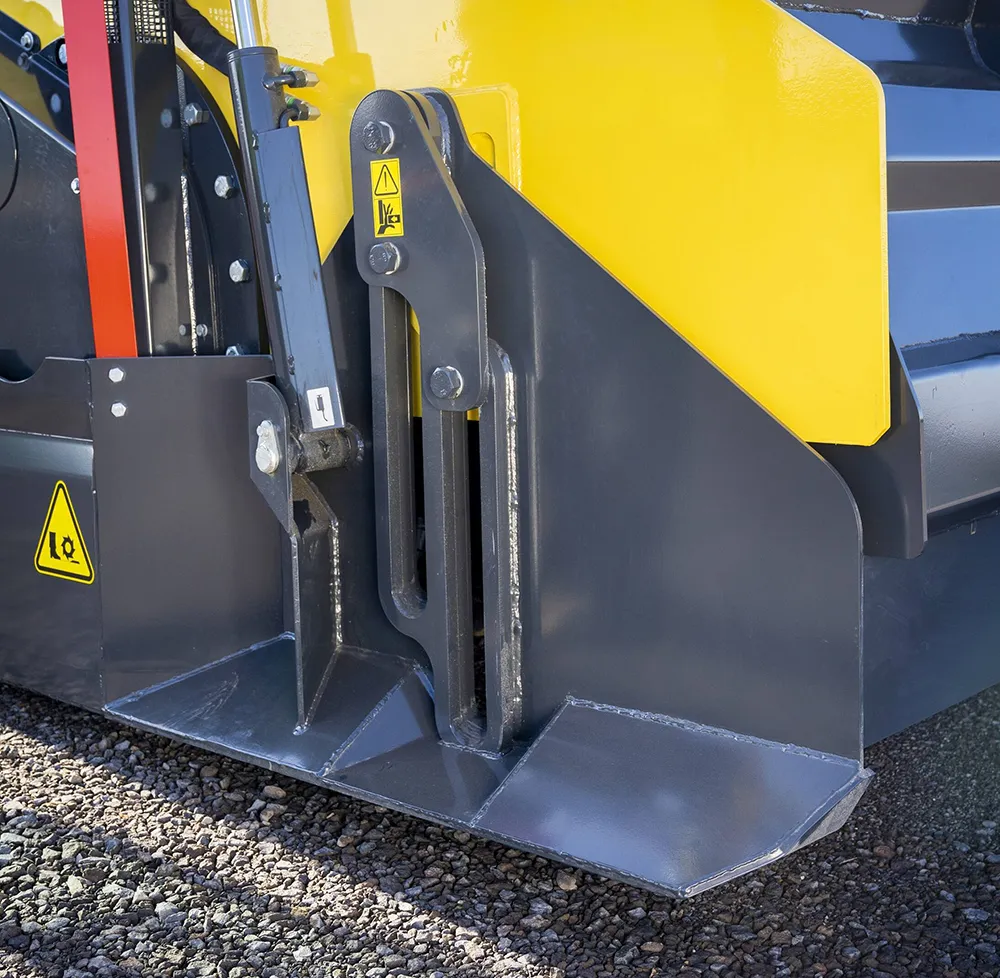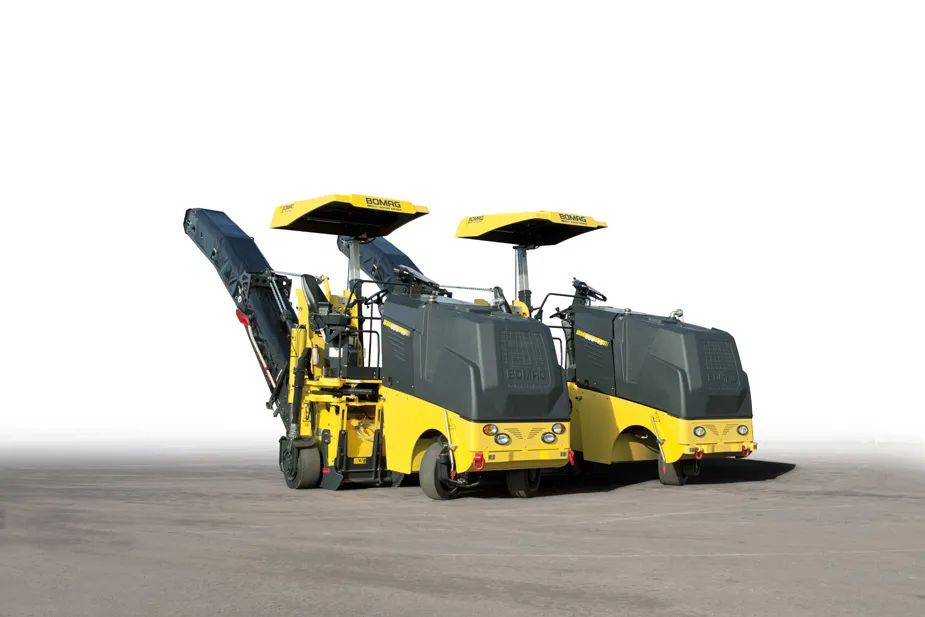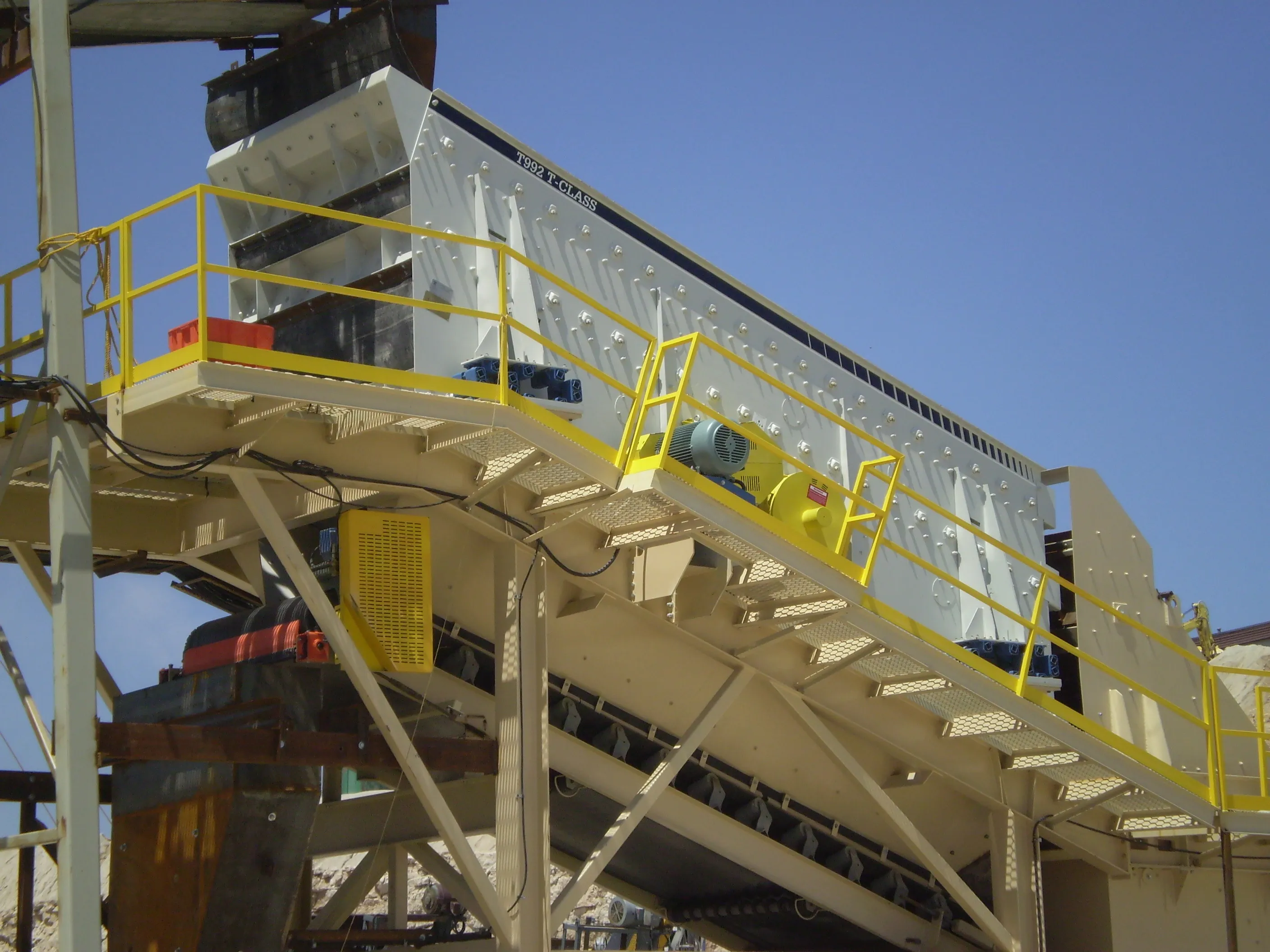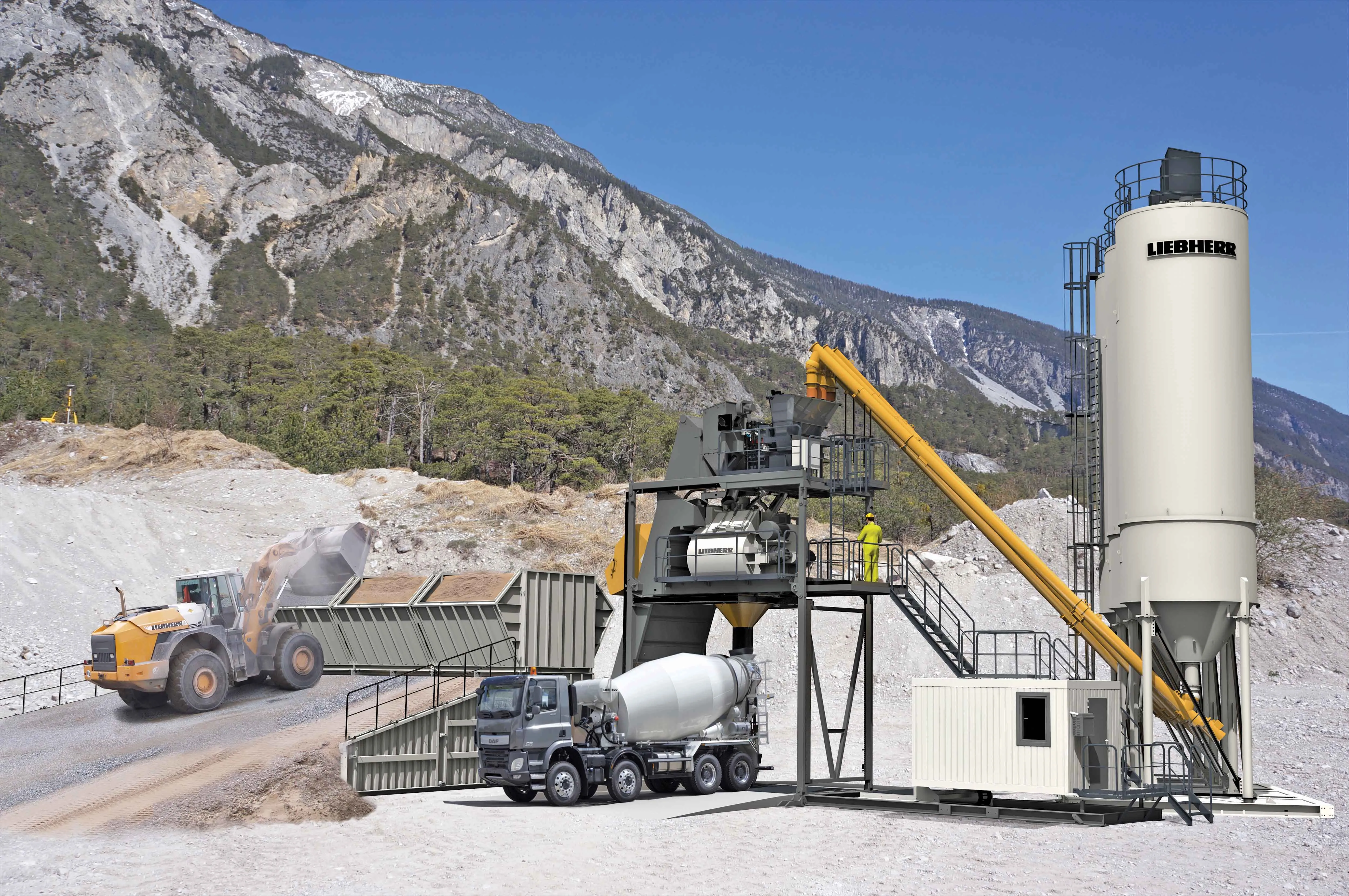
BOMAG is widening its range with the introduction of its RS 250 and RS 300 tractor-towed stabilisers. These units offer a working width of 2.5m and a milling depth of up to 400mm and 500mm respectively.
The tractor-towed stabilisers are designed for use in soil stabilisation and road and path construction. The machines are driven by the rear PTO shaft of tractors delivering 150-224kW for the RS 250 or 224-335kW for the RS 300. Tractor-towed stabilisers are a new addition to BOMAG's product range and the design is based on tried-and-tested technology.
Modern tractors are versatile and in combination with size matched attachments, they can even be used for heavy earthmoving work. The new BOMAG RS 250 and RS 300 tractor-towed stabilisers fill a gap in the fleets of firms already using tractors that are looking for a versatile solution for milling, stabilising and mixing soils. The light and manoeuvrable systems are well-suited to use on smaller construction sites, but can also handle duties on larger projects. These ensure better utilisation of tractors, which are now common on construction sites due to their versatility. In soil stabilisation works a tractor can now be used to pull a binder spreader, water tank or tractor-towed stabiliser.
BOMAG Product Manager Sebastian Ibald said: “When stabilising, there is no need to replace non-load-bearing soils. Stabilising is usually the better choice, both economically and ecologically, compared to removing reusable soils. This is also required by the German Waste Management and Product Recycling Act (KrWG). By mixing in binders such as lime, this method removes moisture from the soil on site, improving its compaction properties and load-bearing capacity. Through the precisely dosed addition of cement and water as a hydration shell, even non-load-bearing soils can be made permanently load-bearing, firm and frost-resistant.” He added that the units can deliver high milling performance, smooth surfaces and ensure low fuel consumption.
Available in two power classes, the RS 300 is said to be suitable for larger applications in stabilisation, soil improvement and road construction. The lighter and more compact RS 250 suits road construction, building embankments or slopes, and backfilling.
Unlike BOMAG's familiar large, self-propelled stabilisers/planers, the new tractor-towed stabilisers rely on the tractor as the prime mover and are driven by the rear PTO shaft. Coupling is via the three-point hitch. On the RS 250, the milling depth of up to 400mm can be variably adjusted using the hydraulic lower link.
The RS 300 offers more adjustment options: The camber can be corrected using the hydraulic upper link; independently height-adjustable side plates including skids allow free adjustment of the milling depth up to a maximum of 500mm. Power is transmitted to the rotor via the PTO shaft, gearbox and, in the case of the RS 250, a strong chain drive in oil bath on both sides; on the RS 300, two four-part power belts are used instead.
The mixing chamber has a robust design, and the hood is made of wear-resistant steel, while a hydraulically adjustable rear gate ensures optimal crushing and mixing quality.
On the RS 300, the large rotor with a diameter of just under 1.5m is equipped with extra-large cutting tools with a shaft diameter of 25mm that are said to cut efficiently into cohesive soils. The special geometry and arrangement of the double cutting tools is said to generate a shovel effect that ensures optimum processing and mixing of cohesive soils.
Highly cohesive soils are first cut up with the shovel edge and then mixed efficiently, which also helps to lower fuel consumption at low speeds. The durable RS 300 cutting tools can be used for a wide range of applications. The proven quick change double-tool holder system from BOMAG has a screwed base for faster replacement.
The RS 250 relies on the proven, narrow BMS15L exchange holder system, which uses high-quality carbide cutting tools with a shaft diameter of 22mm. The smaller machine can be optionally equipped with different cutters: The BRT 04 is recommended for cohesive soils; the BRT 02 is particularly suitable for gravel and sandy soils and, using the tractor-towed stabiliser, the BRT 01 even mills into asphalt.
Water injection for optimum hydration as an option To hydrate the cement optimally, the RS250 and RS300 can be equipped with optional water injection directly into the mixing chamber. The water is distributed evenly over the entire milling width at a maximum flow rate of 500litres/minute.








